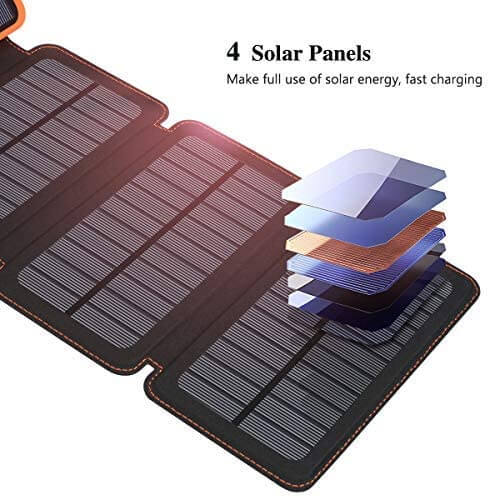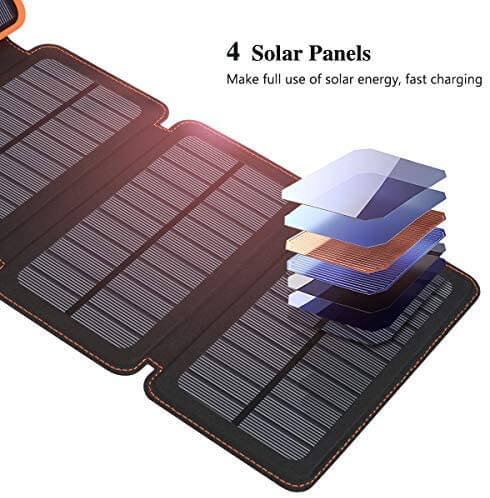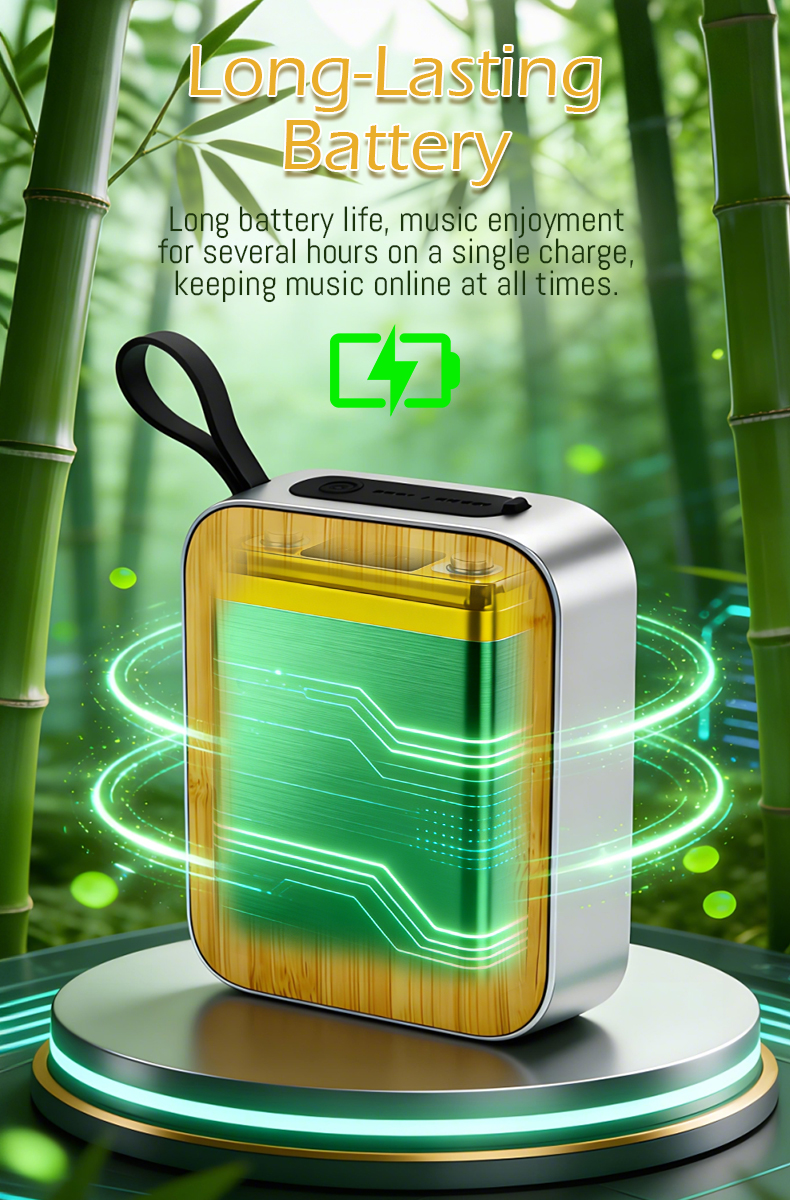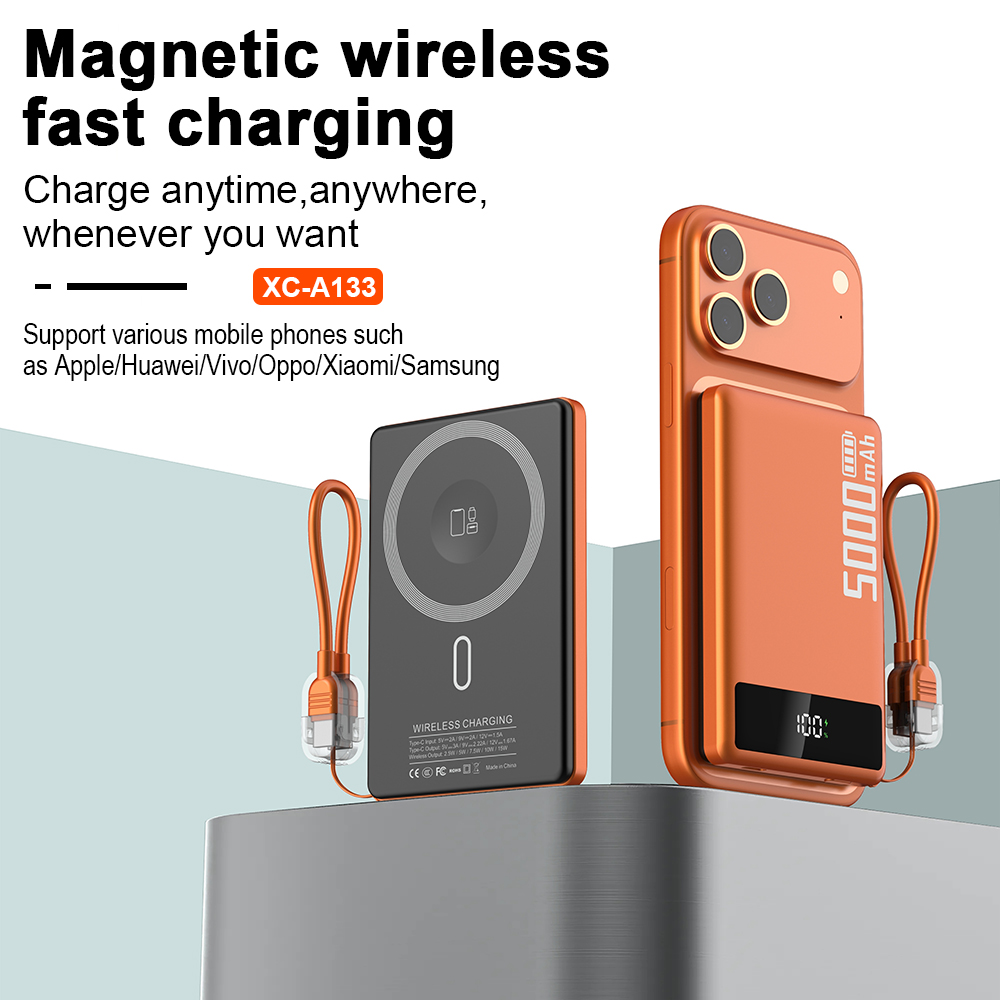Solar Charger Disadvantages

Negative Aspects of Solar Chargers

While solar chargers have gained popularity in recent years for their eco-friendly nature and ability to harness renewable energy, they are not without their drawbacks. It's essential to consider the disadvantages before relying solely on solar chargers for all your charging needs.
1. Limited Efficiency
One of the major drawbacks of solar chargers is their limited efficiency. Solar panels rely on sunlight to generate electricity, meaning they are highly dependent on weather conditions. Cloudy or rainy days can significantly decrease their ability to charge your devices, making them unreliable in certain climates or during certain seasons.
2. Slow Charging Speed
Solar chargers are known to have slower charging speeds compared to traditional chargers. The conversion process from solar energy to electrical energy takes time, resulting in lengthened charging time for your devices. This can be especially inconvenient when you need to charge your devices quickly or on the go.
3. Portability and Size Limitations
Another disadvantage of solar chargers is their portability and size limitations. While there are compact and lightweight options available, they still require sufficient surface area to absorb sunlight effectively. This means that larger devices, such as laptops, may not be efficiently charged using solar chargers, limiting their practicality for certain devices.
In conclusion, while solar chargers offer numerous advantages in terms of sustainability and renewable energy, it's important to consider their drawbacks as well. Limited efficiency, slow charging speed, and size limitations are factors that need to be taken into account when deciding on the suitability of solar chargers for your charging needs.




